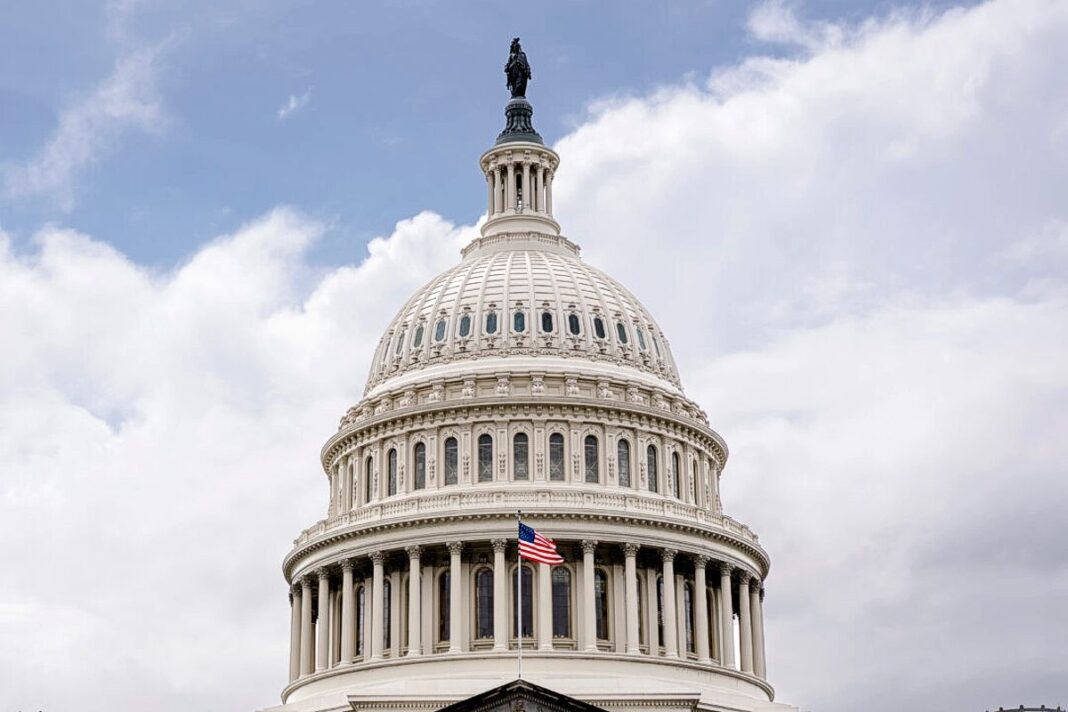The legislation passed 17–16, with four conservative critics voting ‘present.’
The House Budget Committee on May 18 approved a motion to advance Republicans’ reconciliation package, marking one more step toward final passage of the mammoth bill.
The unusual Sunday night vote, with a hearing planned for 10 p.m. ET that started 20 minutes late, ended in the passage of the legislation in a 17–16 vote, with four conservative critics of the package voting present.
The vote came after weekend negotiations following a conservative revolt against the package on May 16.
When the mammoth package first came before the House Budget Committee on Friday, four conservatives—Reps. Chip Roy (R-Texas), Josh Brecheen (R-Okla.), Ralph Norman (R-S.C.), and Andrew Clyde (R-Ga.)—voted against advancing the package.
Ranking Member Brendan Boyle (D-Pa.) was critical of the process under which the bill had been brought to the floor, asking about details of the agreement that had been reached that caused the uncommon late-night weekend vote to move ahead.
Chairman Jodey Arrington (R-Texas) didn’t provide specifics on what had changed, indicating that negotiations were ongoing and that the final product would continue to be refined.
The bill’s passage by the Budget Committee marks a major win for President Donald Trump and House Speaker Mike Johnson (R-La.) after the bill’s earlier failure, but still warns of potential challenges on the final vote—where Johnson can absorb no more than three defections.
Conservative opponents had objected to several components of the bill, providing hints to what changes may have been agreed to.
First, they wanted changes to the bill’s handling of Medicaid work requirements.
“This bill is not serious about necessary reforms,” Norman said in a statement following his “no” vote on the bill in the May 16 committee hearing.
He called for more timely implementation of work requirements for able-bodied adults and combatting expansions of Medicaid that focus on able-bodied adults more than “the truly disabled, pregnant mothers, and children the program was originally intended for.”
Critics also opposed provisions that would extend some provisions of the Inflation Reduction Act, sunsetting these provisions a few years from now rather than immediately, as conservatives have called for.
By Joseph Lord








